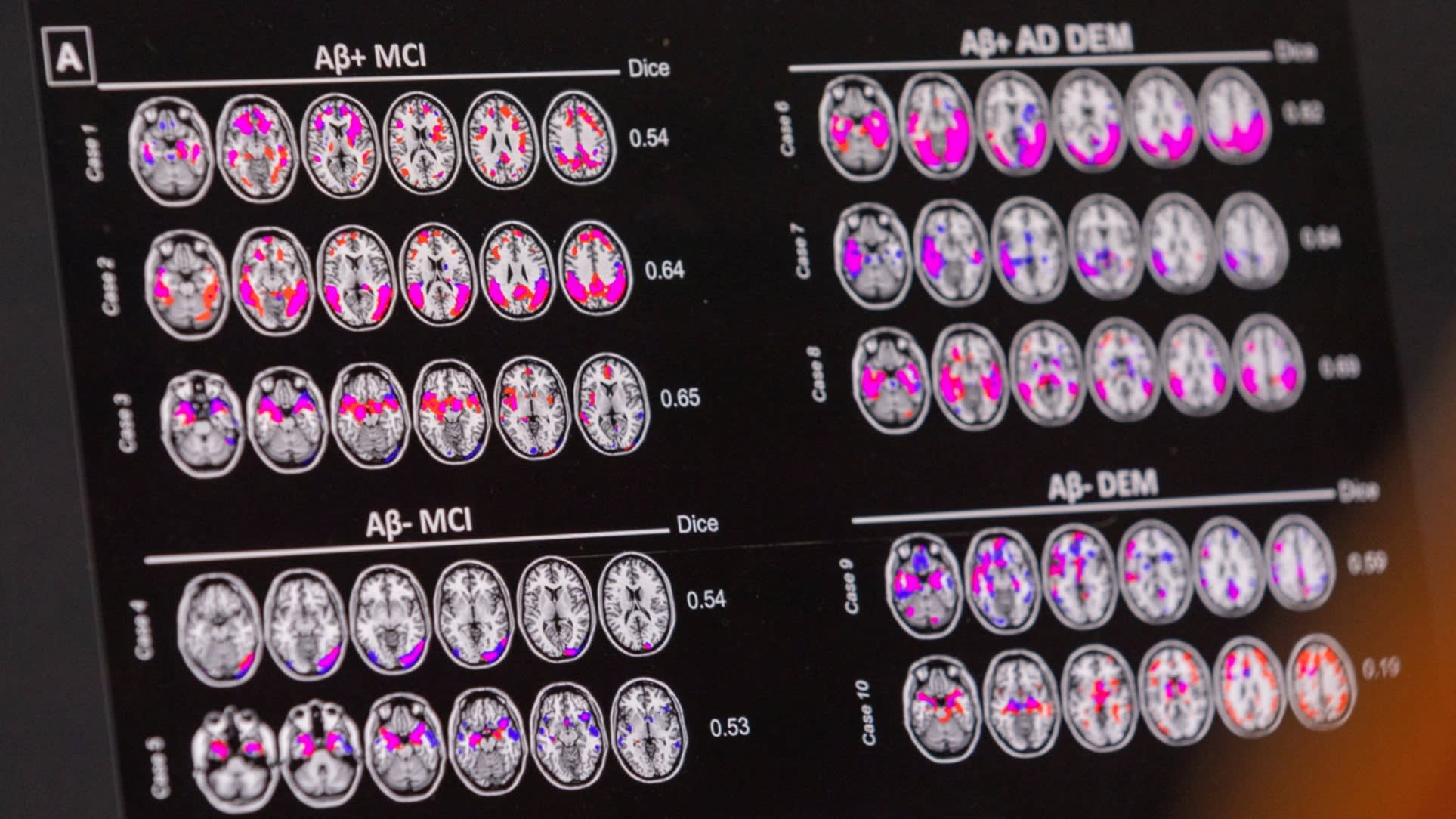Experimental gene therapy tests US system of fast-track drug approval
Maria Jose Contreras holds bitter memories of the day she was told by doctors that her sons Franco, 9, and Julian, 6, had a rare genetic disease and were unlikely to survive to see their 30th birthdays.
But five years on she is more hopeful following their participation in the trial of an experimental gene therapy, which has reversed some of the debilitating effects of the muscle-wasting disease Duchenne muscular dystrophy.

SRP-9001 works by inserting a miniaturised gene inside muscle cells, which carry instructions for them to begin making a smaller version of protein called micro-dystrophin. Sarepta and some scientific experts say the protein improves muscle and organ function in patients, which can improve their quality of life and lifespan.
“I think there is a lot of evidence that it helps to slow down progression of the disease and probably extending by a couple of years the ability of these kids to walk and to function independently,” said Jeffrey Chamberlain, a neurologist at the University of Washington.
He said even if there did not appear to be an obvious clinical benefit in the short-term there is evidence the therapy slows loss of muscle mass. It therefore could improve quality of life over the longer term.
“This is the best drug in the clinic. It’s not perfect but it is better than any of the alternatives,” said Chamberlain, who helped design some of the tools used by Sarepta to develop its gene therapy.
But there is limited scientific data showing the therapy’s clinical benefit with just the first phase of a randomised trial over 48 weeks completed by Sarepta. This showed a statistically significant benefit in functional motor abilities for 4- to 5-year-old participants, but not for 6- to 7-year-olds.
Sarepta said the older children who were given the gene therapy were at later stages of Duchenne than the younger ones, causing a discrepancy.
“It was just a strange failure of randomisation,” said Doug Ingram, Sarepta chief executive, who insists that results from a trial due later this year will demonstrate the therapy’s efficacy.
“We can’t wait to get the therapy [out] there. We will lose an entire generation of kids while we are waiting.”
Most drugs must succeed in at least one phase 3 placebo-controlled trial showing clinical benefit to patients to win approval from the FDA, a process that takes several years. But under the accelerated approval pathway pursued by Sarepta it must meet a “surrogate endpoint” — a biological effect that is likely to predict a clinical benefit. In this case, SRP-9001 must only show it increases levels of micro-dystrophin.
The FDA said it wants to expand its use of the accelerated approval pathway for gene therapies to ensure potentially life-saving treatments get to patients. According to the health news site Stat, the director of the FDA’s Center for Biologics Evaluation and Research intervened twice to keep Sarepta’s application for fast-track approval alive despite concerns of agency reviewers.
The FDA said it could not comment on pending applications.
But some experts warn that approving Sarepta’s gene therapy would be premature because it has still not been proved that higher levels of micro-dystrophin will provide a clinical benefit to patients. Approving the therapy could also be counter-productive for some patients, they say, as it could exclude them from taking rival gene therapy products targeting Duchenne in development that may prove more efficacious.
Pfizer is undertaking a late-stage trial of an alternative gene therapy to treat Duchenne’s.
Reshma Ramachandran, assistant professor of medicine at Yale University, said this type of gene therapy could only be administered once in a lifetime due to the potentially harmful side effects caused by reintroducing the viral vector carrying the gene into the body. This could prompt an attack by the body’s immune system, she added.
“We could be shutting the door to other potentially more promising treatments in the pipeline by awarding accelerated approval. It could be more difficult to enrol people in clinical trials for other similar therapies,” she said.
But for most parents, including Contreras, who has moved her entire family to the US from Chile to access Sarepta’s trial, withholding access to a gene therapy to other sufferers of Duchenne’s is inconceivable.
“This approval is not only important for the kids who haven’t got the therapy yet but also for the field to move forward,” Contreras said. “There are studies ongoing to figure out how to manage the antibody response to give a second dose. If this [therapy] gets approved then so do these studies.”
This story originally appeared on: Financial Times - Author:Jamie Smyth




























